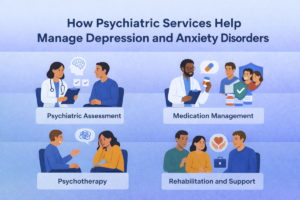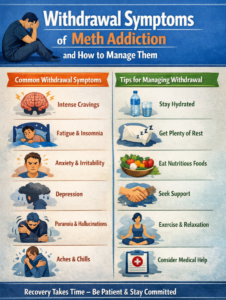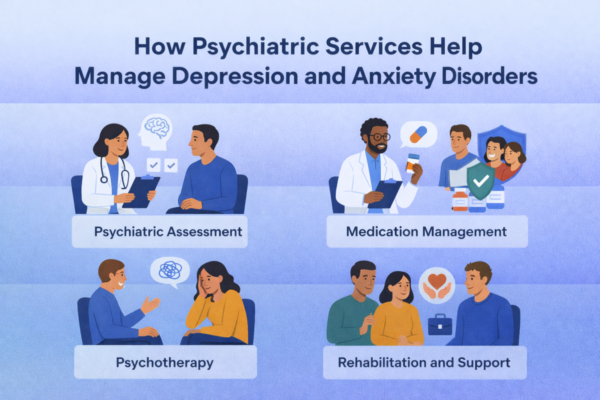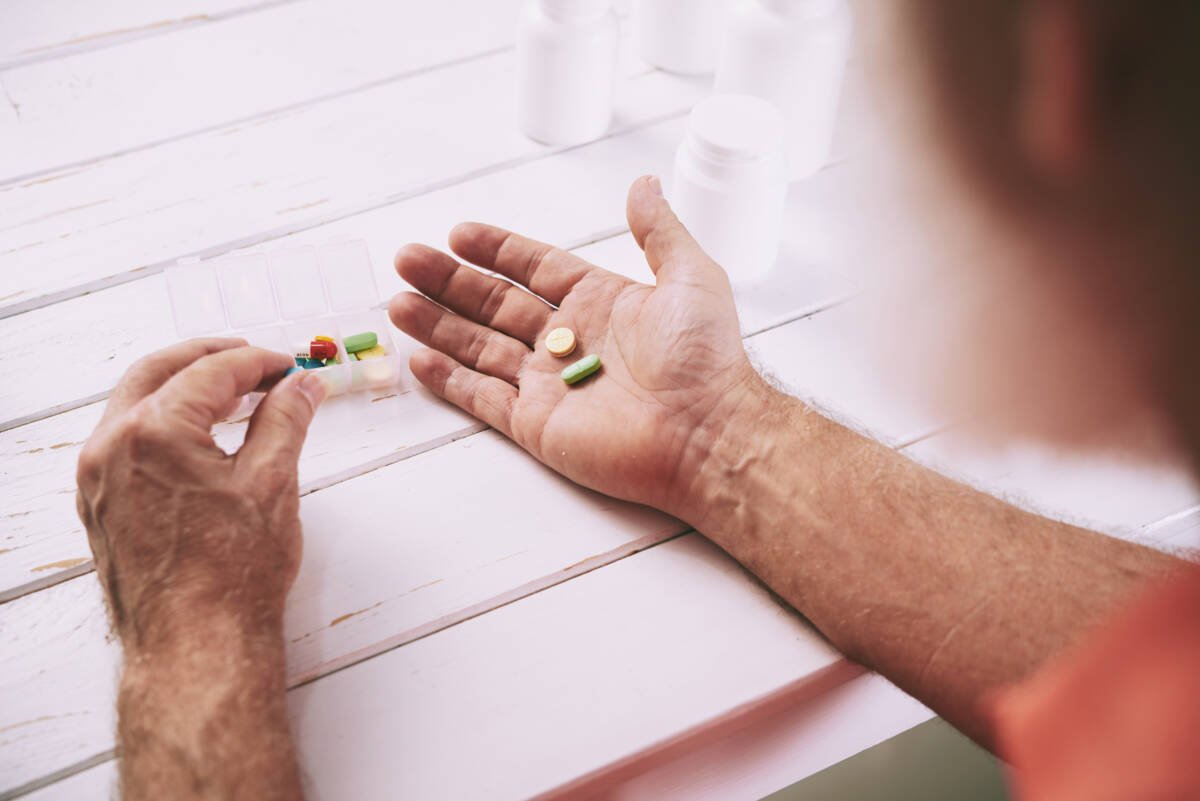
Rapid detox is increasingly gaining attention as a fast-track solution to drug detoxification, especially for individuals battling opioid addiction. But how safe is rapid detox really? At New Hope Rehab and Caring Center Islamabad, we believe it’s essential to explore both the benefits and risks involved in any addiction treatment method before making a decision.
This comprehensive blog sheds light on the medical safety of rapid detox, what it involves, and whether it’s the right fit for long-term recovery from substance use disorders.
What Is Rapid Detox?
Rapid detox treatment—also known as ultra-rapid opioid detoxification (UROD)—is a medical procedure designed to speed up the detox process from opioids or other addictive substances. Patients are typically placed under sedation or anesthesia while medications are administered to accelerate withdrawal.
The aim is to eliminate the substances from the body in a matter of hours instead of days or weeks. This promises a quicker, less conscious experience of withdrawal, but it also raises serious concerns about safety and effectiveness.
Why People Choose Rapid Detox
Rapid detox is appealing for several reasons, especially to those seeking quick recovery options without prolonged discomfort. The top reasons people consider rapid detox include:
-
Fear of withdrawal symptoms
-
Desire for fast results
-
Busy lifestyle or work obligations
-
Previous failed attempts with traditional detox
At New Hope Rehab Center in Islamabad, we often encounter patients who are desperate for immediate results. While we understand the urgency, it’s our duty to educate patients about all options, including potential risks.
Medical Insights: Is Rapid Detox Safe?
1. Requires Strict Medical Supervision
One of the most critical safety aspects of rapid detox is medical supervision. Since patients are placed under anesthesia, it should only be conducted in a certified hospital or specialized facility. Unsupervised or poorly managed detox can lead to life-threatening complications, including:
-
Heart irregularities
-
Breathing issues
-
Severe dehydration
-
Delirium
-
Mental confusion
2. Not Suitable for Everyone
Rapid detox is not recommended for individuals with certain medical conditions, including heart disease, liver issues, or respiratory problems. It’s also unsuitable for those with co-occurring mental health disorders unless carefully evaluated by professionals.
At New Hope Rehab and Caring Center Islamabad, we use a thorough assessment process before approving any detox plan.
3. Doesn’t Treat the Root Cause of Addiction
While rapid detox may eliminate physical dependence on substances like heroin or painkillers, it does not address psychological addiction. True recovery requires long-term treatment, including:
-
Behavioral therapy
-
Counseling sessions
-
Support groups
-
Relapse prevention plans
Without these, the risk of relapse remains high, even after a successful rapid detox.
Pros and Cons of Rapid Detox
| Pros | Cons |
|---|---|
| Shorter withdrawal duration | High cost |
| Less conscious experience of pain | Requires anesthesia (risk factor) |
| Can jumpstart recovery | Doesn’t treat psychological aspects |
| Useful in severe dependency | Not always effective long-term |
Alternatives to Rapid Detox
If you’re concerned about the risks of rapid detox, there are safer, medically supervised detox alternatives that are just as effective in the long run. These include:
1. Medical Detox
Conducted under 24/7 medical care, medical detox involves gradual withdrawal using medications like methadone or buprenorphine to ease symptoms. It’s considered much safer and more sustainable than rapid detox.
2. Outpatient Detox Programs
For mild to moderate addiction cases, outpatient detox allows patients to receive care while still living at home. It’s less intensive but still requires medical oversight.
3. Holistic Detox Plans
At New Hope Rehab Center Islamabad, we offer holistic addiction treatment that includes dietary support, physical therapy, and mental health counseling to support the body and mind during withdrawal.
What Medical Experts Say
According to addiction specialists, rapid detox should only be considered when other detox methods have failed, and only under the care of experienced professionals.
Dr. Farhan Ali, a leading psychiatrist at New Hope Rehab, shares:
“We always emphasize that detox is just the beginning. Whether rapid or gradual, it must be followed by a comprehensive addiction recovery program to truly work.”
Rapid Detox in Islamabad – What You Should Know
In Pakistan, especially in cities like Islamabad, addiction treatment options are expanding. However, not all centers offering rapid detox follow international safety protocols. When seeking rapid detox in Islamabad, be sure to:
-
Verify the center’s license and credentials
-
Ask about medical staff qualifications
-
Inquire about emergency support availability
-
Ensure post-detox therapy is offered
New Hope Rehab and Caring Center Islamabad offers clinically approved detox programs customized to individual needs. Safety, compassion, and effectiveness are the pillars of our approach.
Is Rapid Detox Worth the Risk?
The answer depends on your health condition, addiction severity, and available support. While rapid detox may provide a quick solution, it should never replace a long-term addiction treatment strategy. For most patients, a comprehensive rehab program that includes detox, therapy, and aftercare offers a more reliable path to lasting recovery.
Final Thoughts
Rapid detox can be a helpful tool for some individuals, but it’s not a one-size-fits-all solution. The safety of rapid detox depends heavily on medical supervision, individual health conditions, and aftercare planning.
At New Hope Rehab and Caring Center Islamabad, we offer personalized addiction treatment plans that prioritize patient safety and long-term recovery. If you or a loved one is considering detox, contact our expert team today to schedule a confidential consultation.











